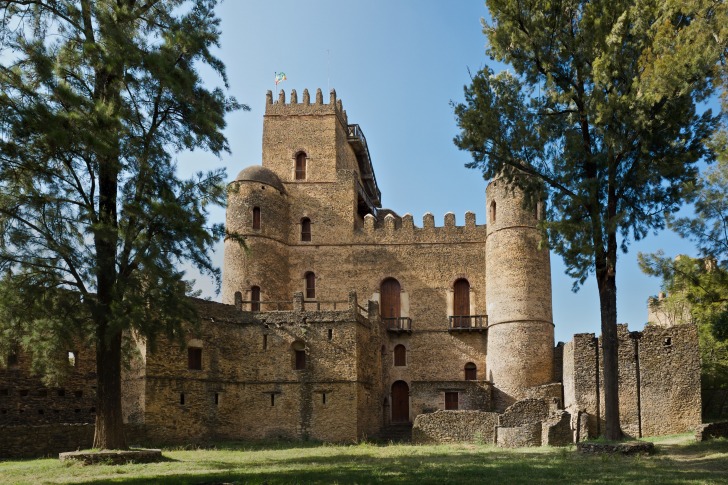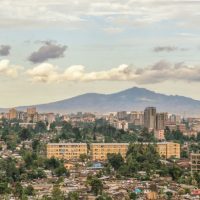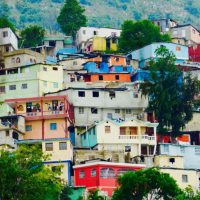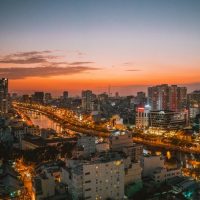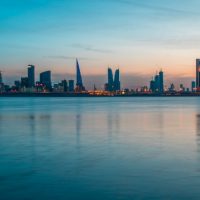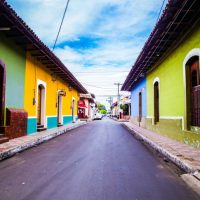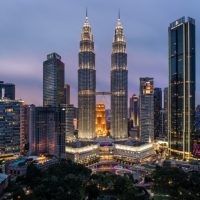I found out that the overall risk of traveling to Ethiopia is high.
This doesn’t mean all areas within the 10 safest people that visit most often are dangerous though.
Contents
The 10 Safest Cities in Ethiopia
Keep in mind that the government has issued a Level 3 Travel Advisory for all of Ethiopia as of October 4, 2022.
It’s not because of Covid-19 though, but that could also rise too.
It’s more because of the terrorism and constant civil conflicts here.
When considering where to visit in Ethiopia, consider the most stable zones as designated by the government.
Don’t blindly follow any tour guide’s advice without finding out how credible they are.
Some places may have both dangerous and safe neighborhoods.
Pay attention to where they are and avoid them.
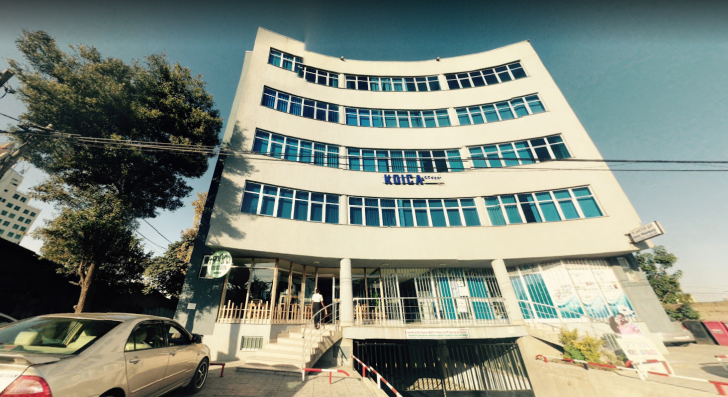
1. Addis Ababa
Addis Ababa is probably one of the only stable places in Ethiopia right now (2022).
It’s also one of the only places where the U.S. Embassy provides the most assistance to U.S. citizens.
Still, you need to pay attention to where you are and watch out for news headlines indicating danger.
Also, keep in mind the risk of theft or pickpocketing in tourist areas.
You have to constantly watch your back too.
Don’t become another victim of kidnapping if you can at all do anything about it!
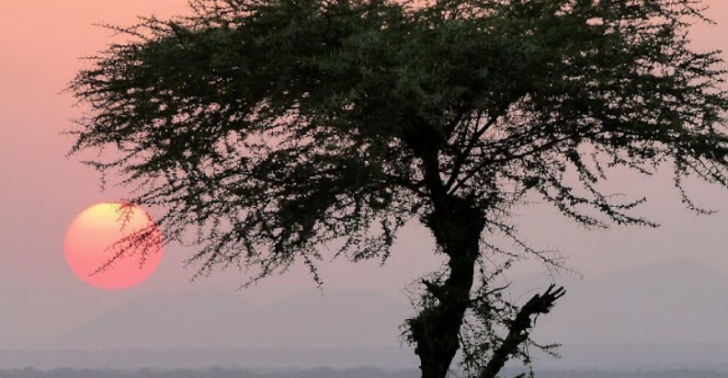
2. Omo Valley
I saw some reviews about the Omo National Park and River.
It’s considered one of the safest places in this location.
However, there sometimes may end up being changes to your itinerary if surrounding locations are deemed unsafe.
There are also local markets here, and you can go rafting on the river.
Sometimes, people also wander around in the local villages.
Just be careful who you associate with, and you should be okay here for the most part.
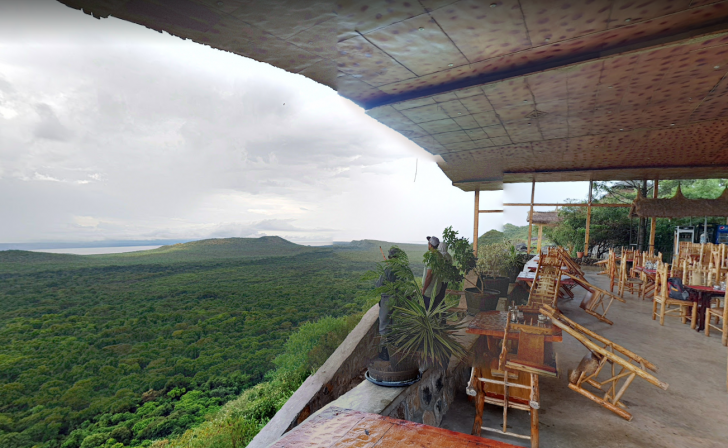
3. Arba Minch
Arba Minch is at “55” place when the safety index is in question.
That’s not very high, but not very low either.
The risk of being attacked seems low, but theft is at least moderately high.
You may experience more petty crimes here than you would if you had a violent crime – for now (late 2022).
By the way, Arba Minch means “40 springs.”
Those springs alone are one reason to visit.
You could also spend time at one of the lakes, as long as the current updates indicate it’s safe.
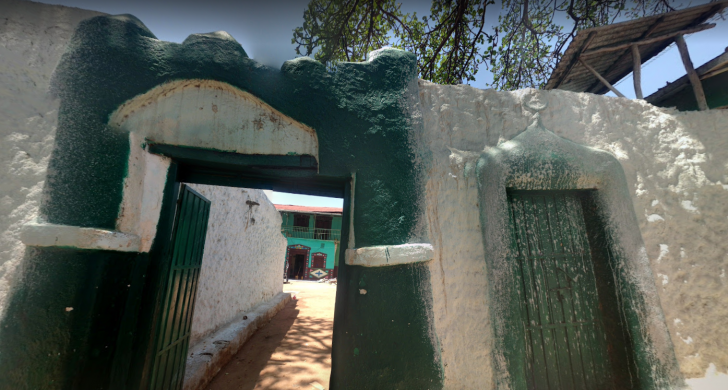
4. Harar
Supposedly, Harar is considered one of the safest places on earth according to Cost Abroad.
I normally don’t question this source.
However, the lack of information on the page where I found this statement about the area’s safety makes me not trust what I am being told.
The highest level of crime is more than likely theft and vandalism.
Still, you should beware in case of violence here.
This Eastern Ethiopian city does have historically significant residences that you may want to see through.
The Arthur Rimbaud and Casa Museuo di Rimbaud, for instance, may be worth the trip.
I believe that visiting architectural sites all over the world is a valid reason to travel.
It especially matters if you’re taking on building design as a profession.
Otherwise, stay home.
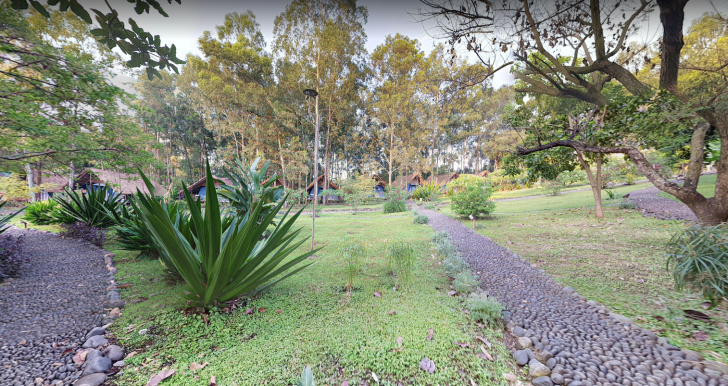
5. Jinka
The Baco Airport serves Jinka.
You may have some reason to be here.
If you do, just be careful.
I haven’t found a numerical safety index for this location.
Pay attention to local and global reports throughout your travels and when you arrive just in case.
Jinka has the Tama Plains nearby to the north that you may want to check out if you have the chance.
Jinka is also called a “market town,” so you should have shopping opportunities here.
It’s in southern Ethiopia, and I’ve seen it on lists of at least moderately safe places to go.
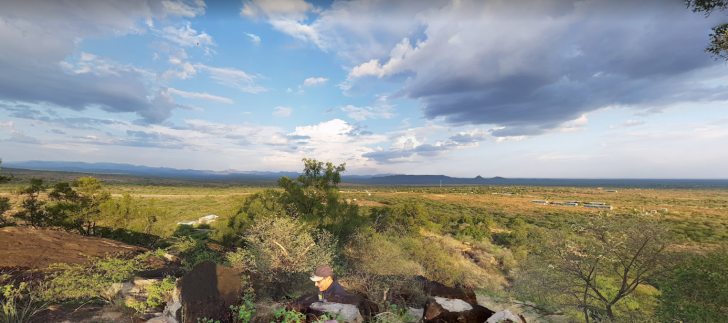
6. Turmi
Turmi is a market town. It may be a place you’d go to find unique merchandise.
One good point in this area’s favor is the enhanced food safety protocol that some accommodations have.
I couldn’t find a numerical safety rating for Turmi.
However, I do know that it’s on some of the lists of at least “safer” if not “safest” places to go in Ethiopia.
It is hot here sometimes.
Temperatures reach 95 degrees F on some days.
If you don’t like hot weather, it may not be the right place for you.
Of course, you also still have to beware of suspicious situations or potential violent breakouts.
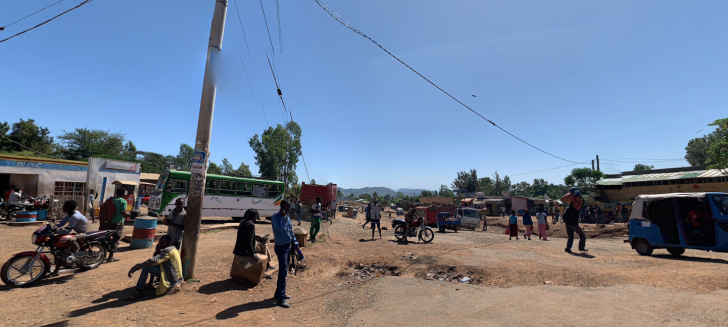
7. Konso (Konso Village)
Konso Village is listed as one of the safer places in Ethiopia to go.
It’s on the Sagan River, and it’s also a special administrative center called a “woreda.”
This means that it’s a local government district.
It’s probably an excellent place to learn about Ethiopian history.
I don’t know of any travel restrictions here at this time, but you should check all that’s going on in the country.
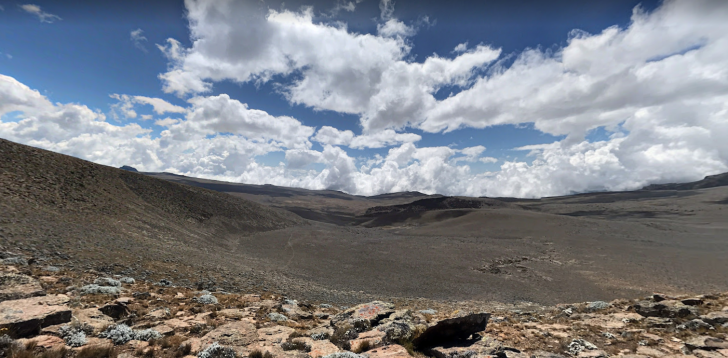
8. Bale Mountains National Park
Bale Mountains National Park is a protected area, and protected areas are often thought of as safe.
How safe, though…that I don’t know.
What I do know is that it’s southeast of Addis Ababa, a stable security zone.
This nature site may be worth a visit as long as you can gain access to it at the time you plan to travel here.
It contains the Tullu Dimtuu, the second-highest summit in Ethiopia.
It also has a plateau, which may amaze you, and you’ll find the second-largest Ethiopian tropical forest in this park.
I’d say it’s not the worst place to visit in the world. I’d check it out as long as I know I can leave Ethiopia once I arrive and not become a prisoner of war or something. The
The Bale Mountains are in Unesco’s significant landmarks list, by the way.
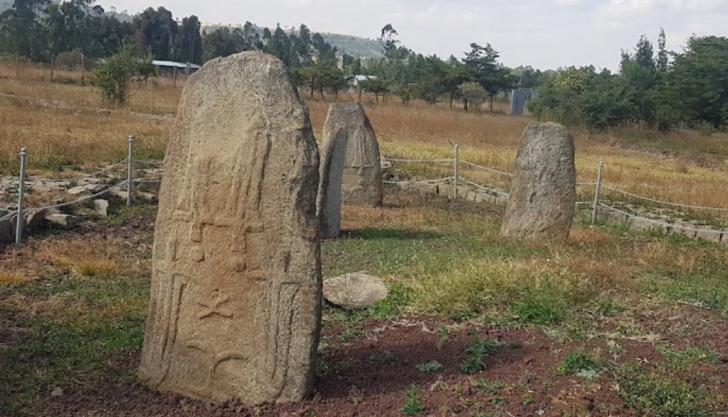
9. Tiya Stelae
Another portion of Addis Ababa, I would say, is at least relatively safe.
It’s also a famous archeological site and probably an excellent place for school groups to travel.
Take all necessary precautions if you plan to come to this area.
For instance, I found out it’s not recommended to travel anywhere in Ethiopia without any security.
If there are no security guards, travel with a group of other people who can help you watch your back.
You’ll discover Tiya in the Soddo region to the south of Addis Ababa.
It has three dozen monuments and intricate historical carvings. UNESCO has mentioned Tiya on its World Heritage website.
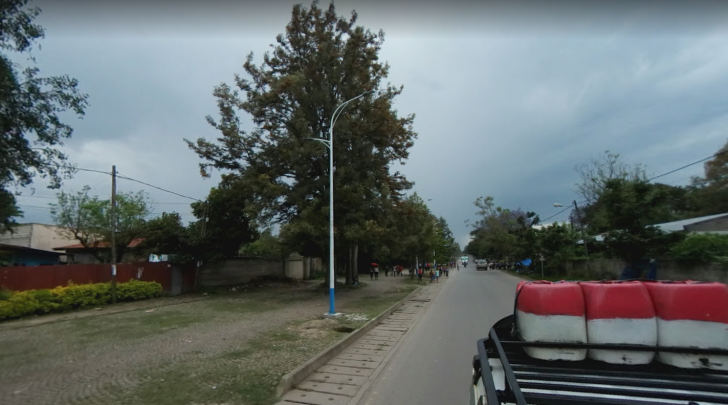
10. Hawassa
Hawassa’s safety index measures about average at 56.85.
I can think of places in the U.S. with worse safety scores than this.
Worries about being assaulted on the street do remain moderately low, and there doesn’t seem to be a high rate of vehicle theft here.
Unfortunately, administrative corruption seems to run rampant here.
Crime rates have also increased within five years, but I’m not sure what five years.
It’s probably circa 2022. Watch out, but it’s not necessarily the most dangerous Ethiopian location to visit.
Hawassa is a place known for spotting hippopotamuses.
It has “Lake Hippo” for that.
That’s not something you probably do every day, so why not?
Just don’t be naive, especially in tourist areas.
6 Travel Safety Trips to Ethiopia
1. Follow the U.S. Government’s advice about travel here.
If the government tells you not to travel to a location, don’t.
Unless you’re a member of the FBI or on some kind of national security team, don’t go near places like the Tigray or Amara regions, for instance.
2. Hire a bodyguard if you have to.
As of 2022-2023, you probably wouldn’t think of Ethiopia as a place to visit just for the fun of it.
I sure wouldn’t after what I learned.
However, you may end up there on business or perhaps intend to arrive as a part of a humanitarian improvement project.
If so, hire a bodyguard if you have the means.
For some government jobs, having personal security is recommended.
3. Don’t travel anywhere alone.
If you must go to Ethiopia, go in a group or stay in areas that have a high-security level.
Only go where allowed and stay out of restricted war zones.
4. Stay with people you know.
Ethiopia is probably not the place to meet random strangers.
Stick to talking to people you know, such as family you might come to visit in this country.
5. Beware of insecure conditions.
I found out that the U.S. Embassy may not continue to provide the level of security that may help you feel safe when in Ethiopia.
This particularly pertains to leaving the country.
In any case, you will still experience high travel restrictions, which could mean delays in returning home.
6. Create an evacuation plan.
You may have to create an evacuation plan that doesn’t involve the U.S. Government.
I know that sounds “fishy,” but it’s the government who has given this advice.
Ethiopia Safety Overview
READ THE FULL REPORT: Ethiopia Safety Review
Safety Index:
- OVERALL RISK: HIGH
- TRANSPORT & TAXIS RISK: HIGH
- PICKPOCKETS RISK: HIGH
- NATURAL DISASTERS RISK: HIGH
- MUGGING RISK: MEDIUM
- TERRORISM RISK: MEDIUM
- SCAMS RISK: HIGH
- WOMEN TRAVELERS RISK: MEDIUM
Frequently Asked Questions
Can the U.S. government help in a travel crisis in Ethiopia?
The Department of State does offer U.S. citizens some protection while in other countries.
It depends on what the crisis is, however.
You don’t want to get stuck in Ethiopia knowing full well the government told you not to go to certain parts of the country.
Does Ethiopia have the internet?
Some areas of Ethiopia may not have the internet.
Phone data and cellular call services may also be shut down in certain areas.
Even electricity might not run, particularly in the Tigray region or any area of high conflict.
How do I find accurate Ethiopian travel safety data?
Keep in mind that some sites have outdated information.
Usually, it’s best to do your research by adding the current year (ex: “2023”) when looking for data online about Ethiopian locations.
Keep in mind also news reports, which may give you clues as to the security that numerical data doesn’t provide.
